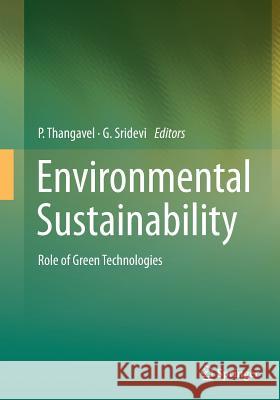Environmental Sustainability: Role of Green Technologies » książka
topmenu
Environmental Sustainability: Role of Green Technologies
ISBN-13: 9788132229520 / Angielski / Miękka / 2016 / 324 str.
Kategorie BISAC:
Wydawca:
Springer
Język:
Angielski
ISBN-13:
9788132229520
Rok wydania:
2016
Wydanie:
Softcover Repri
Ilość stron:
324
Waga:
0.59 kg
Wymiary:
25.4 x 17.78 x 1.83
Oprawa:
Miękka
Wolumenów:
01
Dodatkowe informacje:
Wydanie ilustrowane











